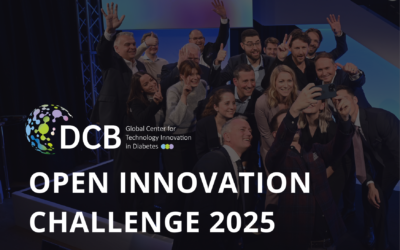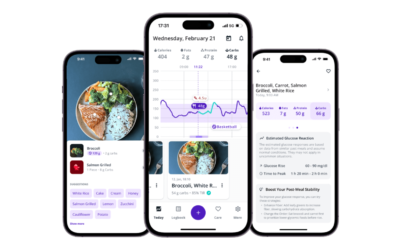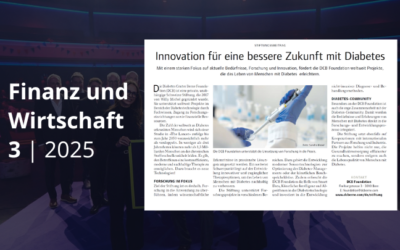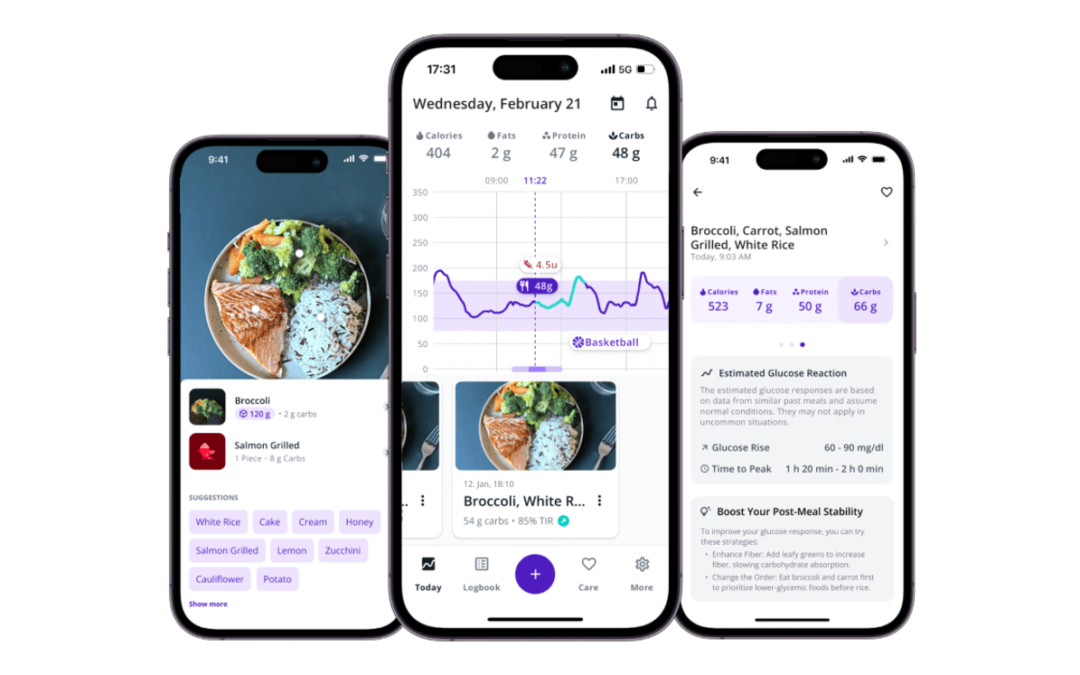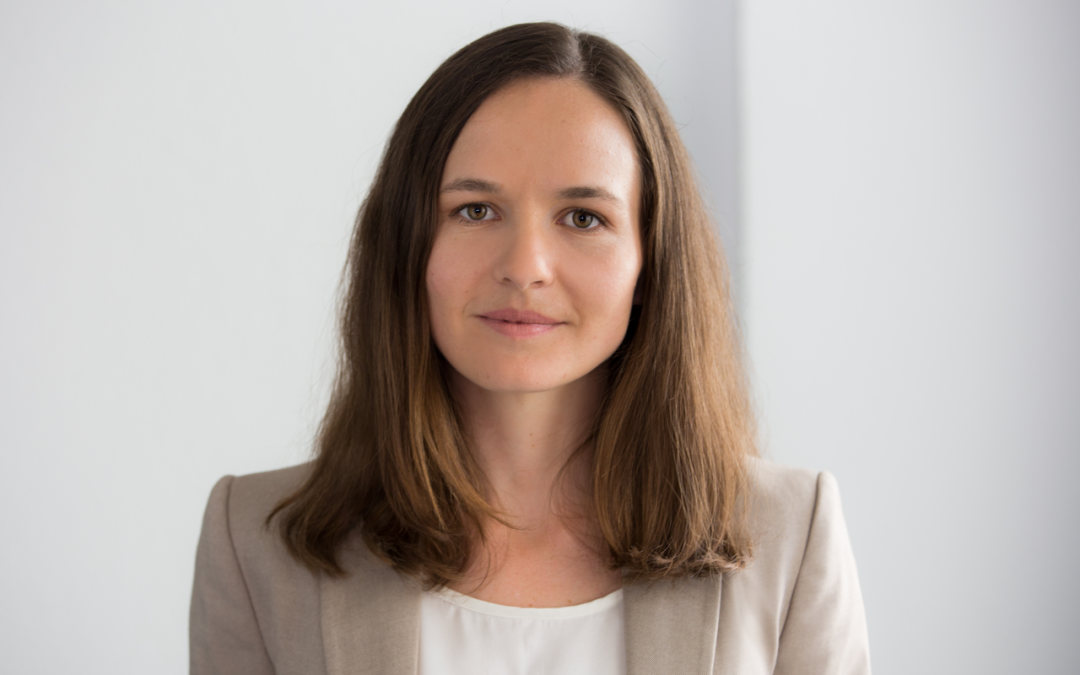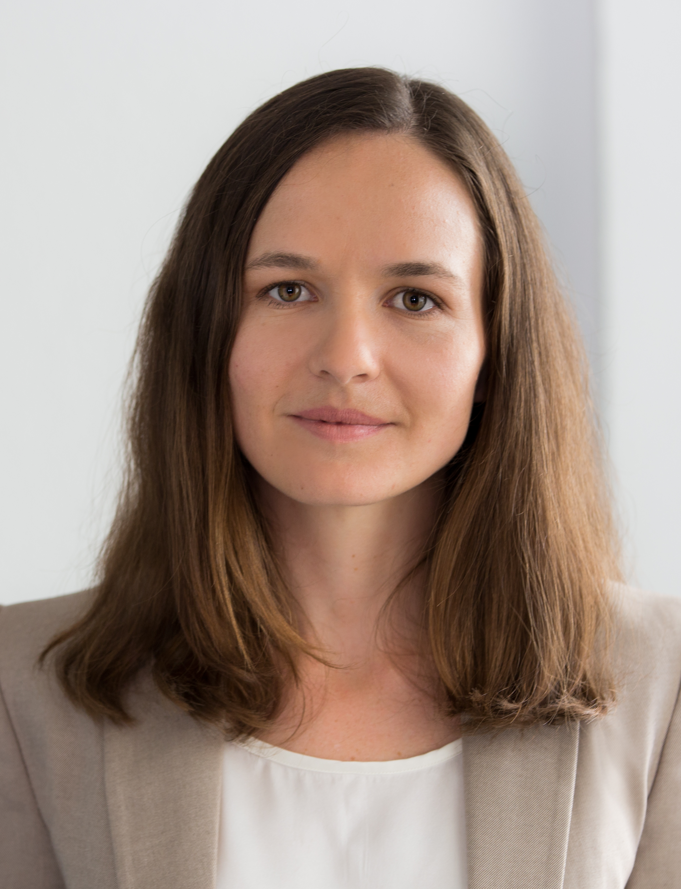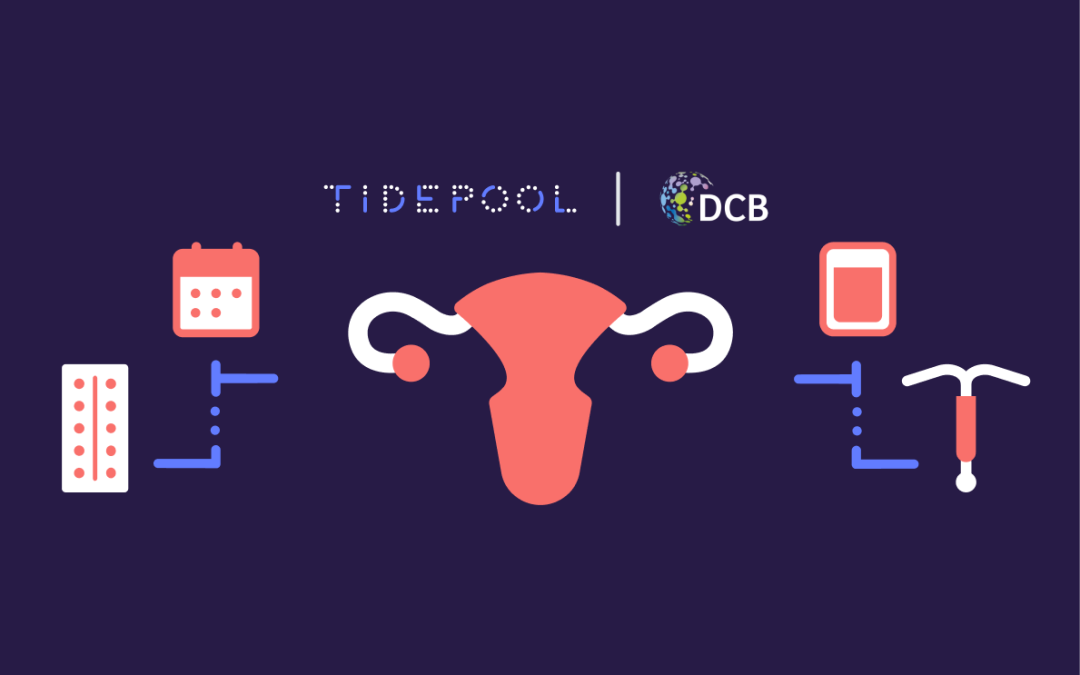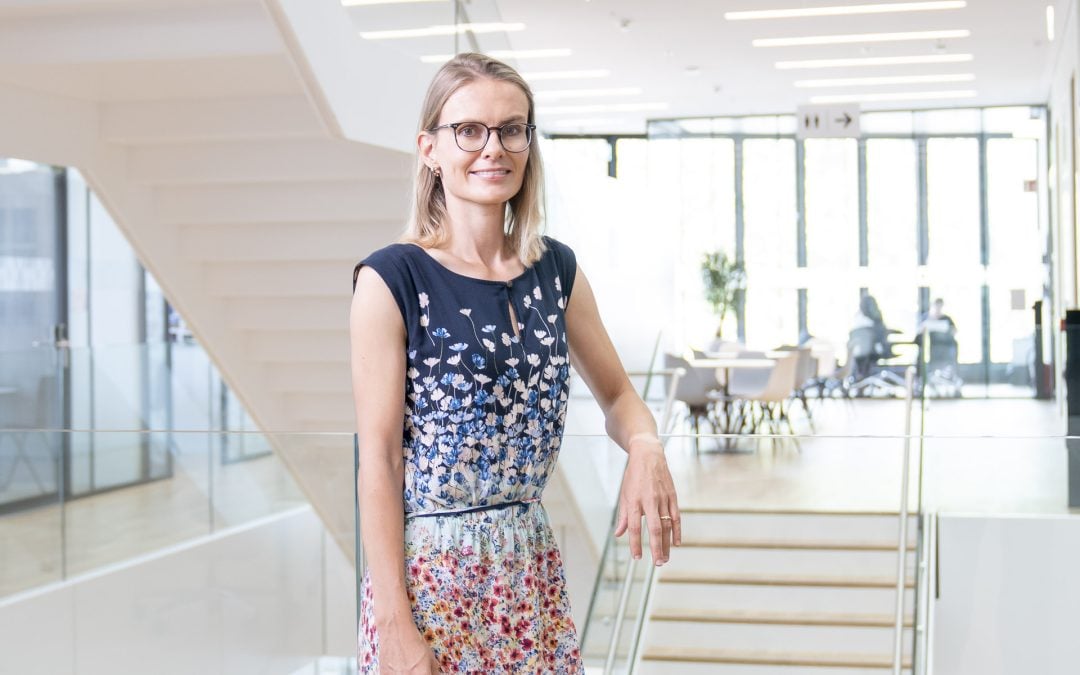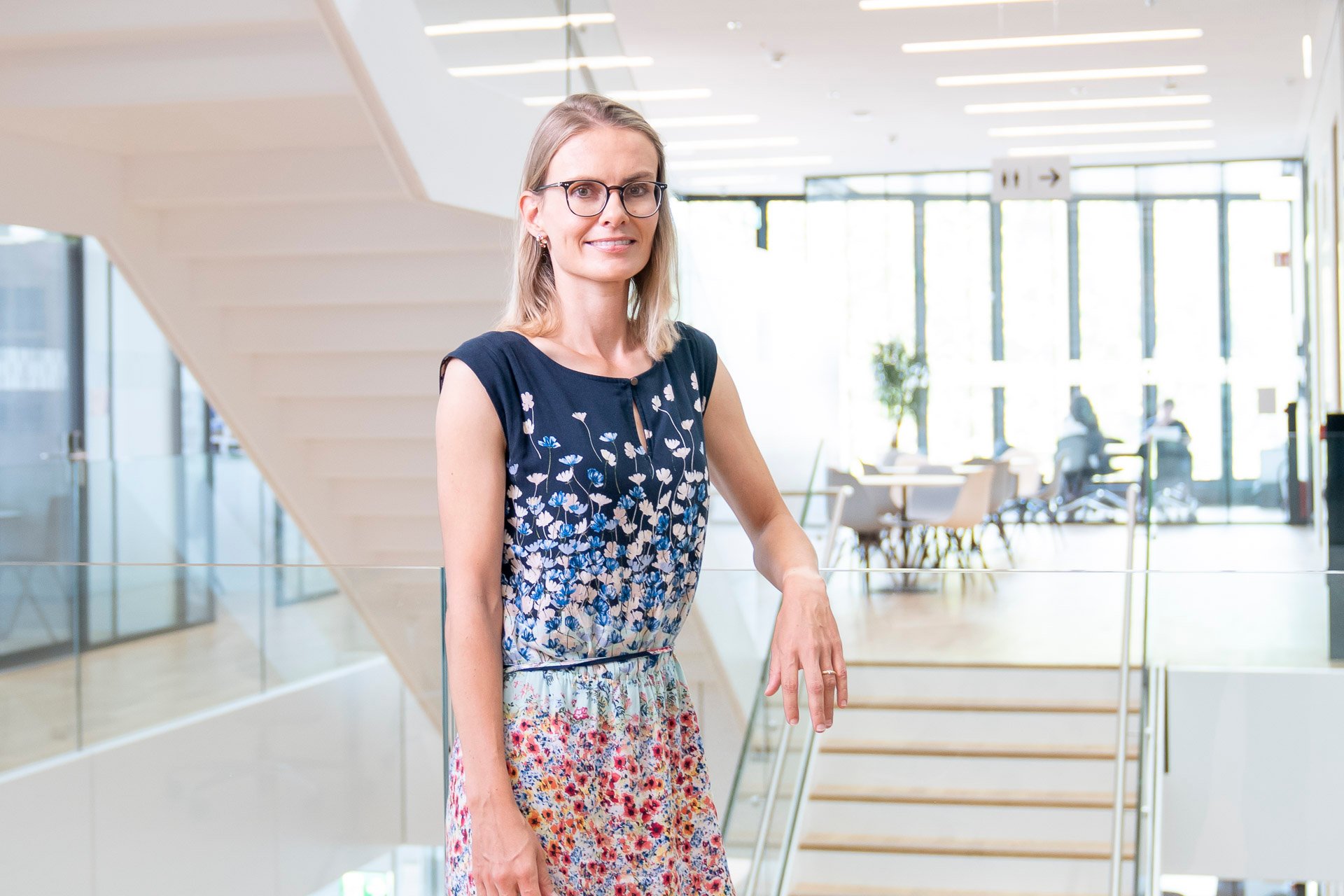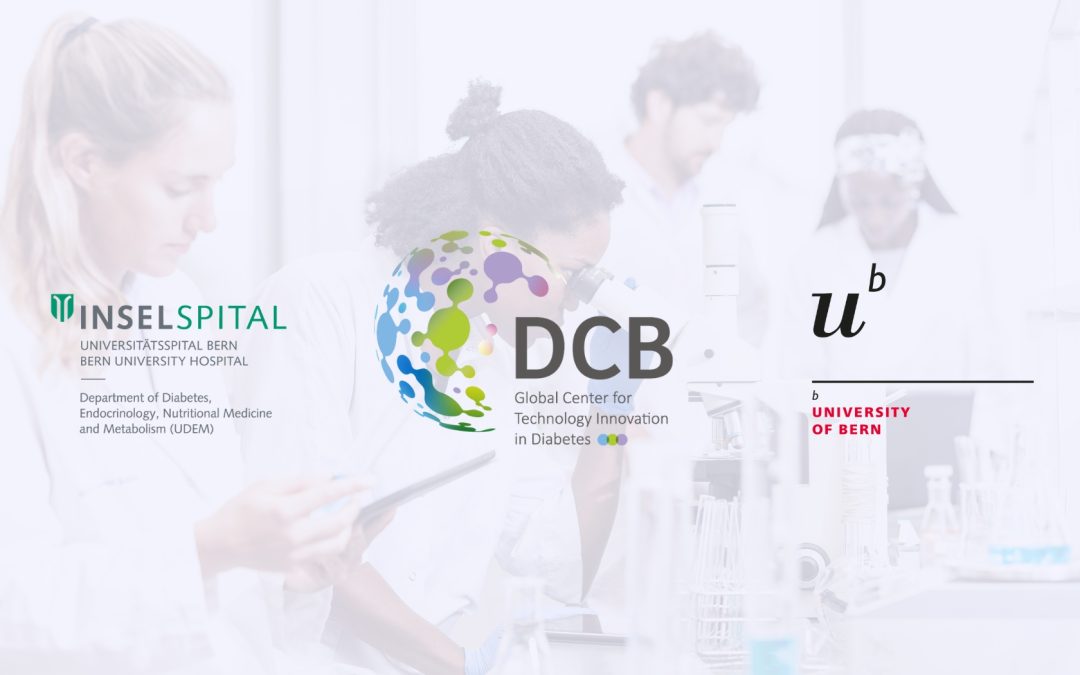For the fifth time, the Diabetes Center Berne is launching the Open Innovation Challenge with the aim of specifically...
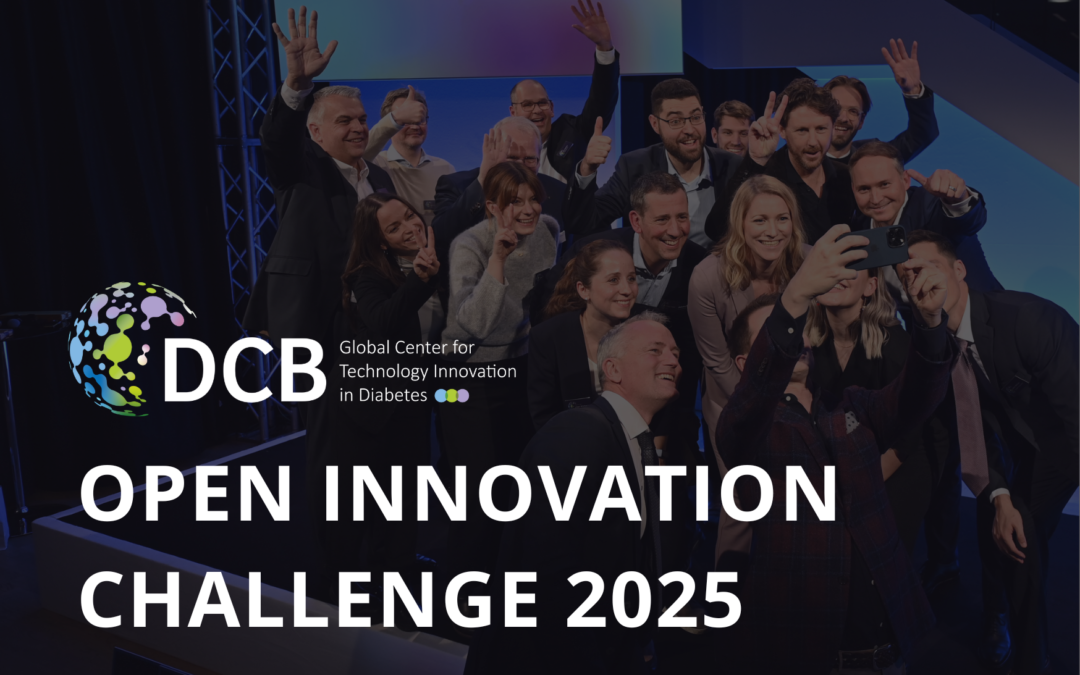
Revolutionizing Diabetes Care: How Your Idea Can Make a Global Impact
Revolutionizing Diabetes Care: How Your Idea Can Make a Global Impact

Transform Diabetes Care: Your Innovation Could Change Lives
More than 537 million people worldwide live with diabetes, facing daily challenges in managing their condition. Technological innovations have played a crucial role in simplifying diabetes management.
The DCB Open Innovation Challenge, launched in 2021, aims to bridge these gaps by fostering translational research in diabetes technology. Our goal is to identify groundbreaking solutions that enhance the quality of life for those affected by diabetes. Whether you’re a researcher, healthcare professional, start-up founder, or someone living with diabetes, your ideas are invaluable. We’re seeking diverse perspectives and innovative solutions to push diabetes technology forward.
Join and benefit
Following the initial selection phase, the Top 15 teams will enter a mentoring program with expert guidance. From there, the Top 5 teams will be chosen to participate in an exclusive Bootcamp in Switzerland (September 8–11, 2025), where they will receive tailored coaching, mentoring, and media training.
Additionally, finalists will have the opportunity to present their ideas at the DTM Meeting in the USA from October 27-30, 2025. This event offers a fantastic chance to gain exposure in the USA, thanks to our ongoing collaboration with the Diabetes Technology Society.
Finally, the competition will culminate at the Day of Innovation & Award Ceremony in Bern, Switzerland (November 5, 2025), where an international expert jury will select the winning project.
The winning project will be selected by an international expert jury and rewarded with USD 100,000 in funding and in-kind support – making the DCB Open Innovation Challenge the world’s largest diabetes technology award with international appeal. You will get access to a global network of experts from the field – all while your idea remains entirely yours.
Don’t miss this opportunity to turn your innovation into reality.
Submit your idea by April 30, 2025, on our innovation platform: innovation.dcberne.com
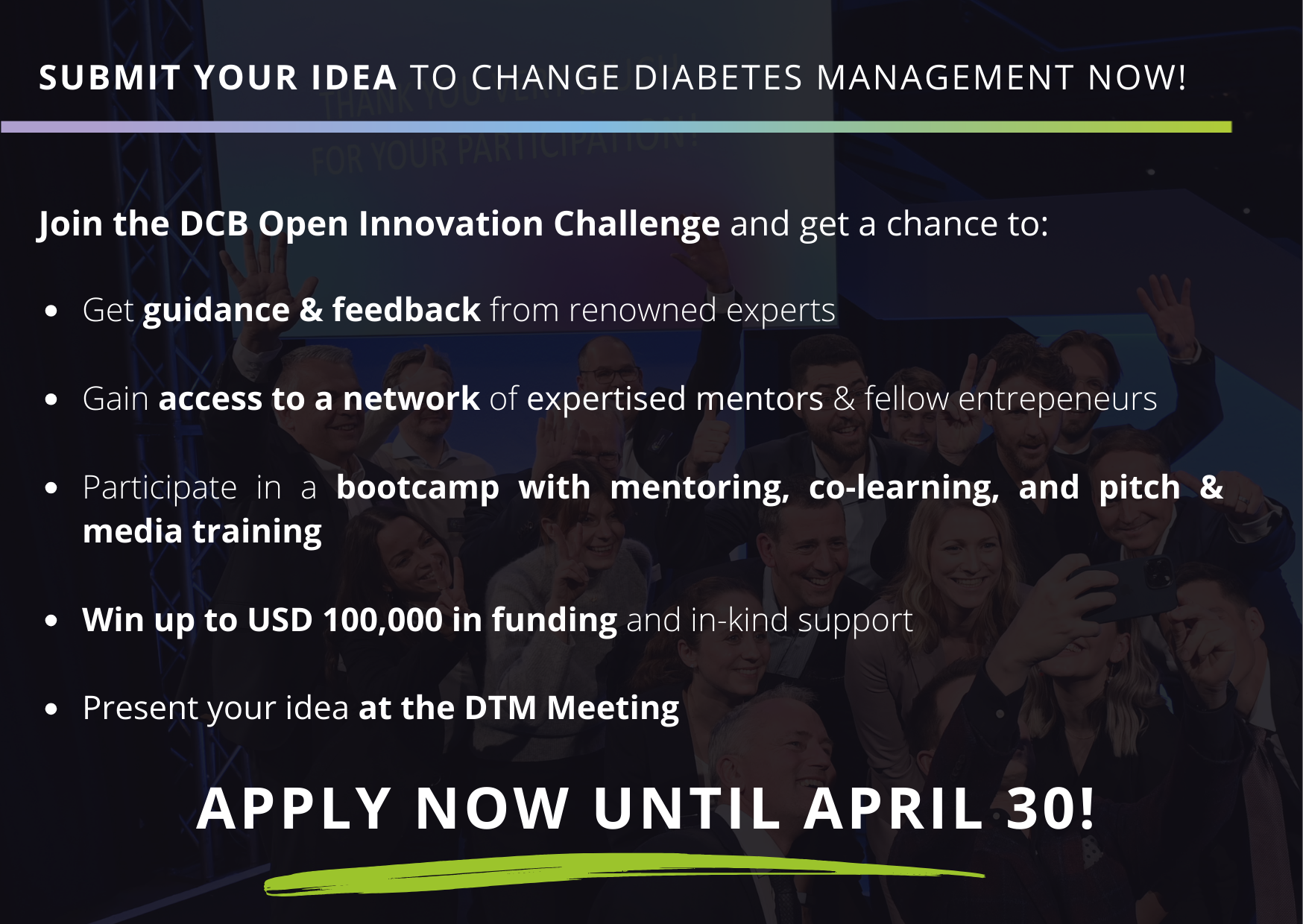
More recent news
Revolutionizing Diabetes Care: How Your Idea Can Make a Global Impact
SNAQ Launches AI-Powered Glucose Prediction feature
SNAQ has introduced a groundbreaking AI-driven feature that predicts glucose responses before meals, revolutionizing...
DCB featured in Finanz und Wirtschaft – Health & Wealth 3/2025
Discover how DCB leads the way in diabetes technology through its innovative collaborations and community-focused...


DCB Research AG
Freiburgstrasse 3
3010 Bern
Switzerland
